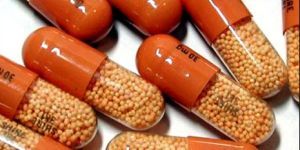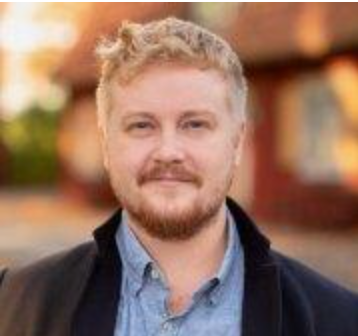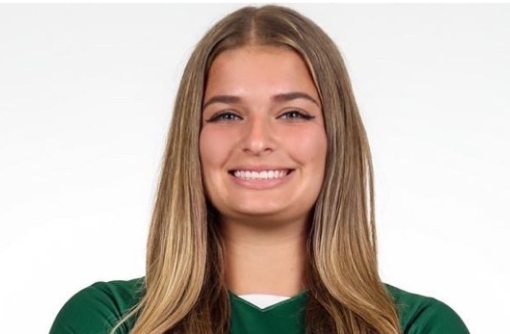Article
DEA, Drug Companies Trade Blame for Generic ADHD Drug Shortage
Author(s):
A widespread shortage of generic drugs in recent months has made life increasingly difficult for patients with ADHD, and many are growing frantic as they are forced to purchase costly brand name drugs instead of scarce generic versions.

A widespread shortage of generic drugs in recent months has made life increasingly difficult for patients with attention deficit hyperactivity disorder (ADHD), and many are growing frantic as they are forced to purchase costly brand name drugs instead of scarce generic versions.
The Food and Drug Administration (FDA), drug manufacturing companies, and patients are all blaming the Drug Enforcement Administration (DEA) for the shortages.
“We have reached out to the DEA and told them that there are shortage issues,” Valerie Jensen, associate director of the FDA’s drug shortage program, told the New York Times. “But the quota issues are outside of our area of responsibility.”
The DEA sets manufacturing quotas for drug making companies, which are intended to ensure adequate supplies while preventing drug abuse. The companies are then free to decide how to divide up their quota for ADHD medicines between high-priced brand names and cheaper generics.
Numerous manufacturers are now saying that certain medications are in short supply, all of which can be found on the FDA’s official shortages list. Among the ADHD medications on the list are the generic versions of Adderall (amphetamine mixed salts) and Ritalin (methylphenidate HCl).
The DEA, however, has refused to acknowledge the shortage and has stated that, if there is one, the blame lies with the drug manufacturers and how they choose to break up their quota between generic and brand name drugs. "Any shortage of these products is therefore a result of decisions made by industry regarding manufacturing or distribution," Barbara Carreno, a DEA spokeswoman told Reuters.
The Times article pointed out that Novartis and Shire Pharmaceuticals, which manufacture both brand name ADHD drugs (Ritalin and Adderall XR, respectively) and generic versions, have each allocated much of their quota to their brand name offerings.
“We are working diligently to ensure our supply of these products meets demand, including discussions with DEA regarding our quota levels for these controlled substances,” Kathy Bloomgarden, a spokeswoman for Novartis, told the Times.
Whoever is to blame, the patients who need medication to treat their ADHD are the ones who are suffering, and many worry that the shortages will continue well into the new year.
"I am very concerned about the future," Ruth Hughes, chief executive of Children and Adults with Attention Deficit/Hyperactivity Disorder, told Reuters. "No one seems to have much inventory to get us through the months ahead."
It is not clear how much longer certain patients can continue purchasing expensive name brand drugs in the absence of cheaper, more affordable medications. In a study released last November, the drug information company IMS Health estimated that over 80% of drugs impacted by shortages were generic versions. The study also found that 51.5 million prescriptions were written for ADHD drugs in 2010, with a total sales value of $7.42 billion—an 83% increase over the $4.05 billion value of the drugs in 2006.
In October, President Obama issued an executive order directing the FDA to “take action to help further prevent and reduce prescription drug shortages, protect consumers, and prevent price gouging,” according to a White House statement.





